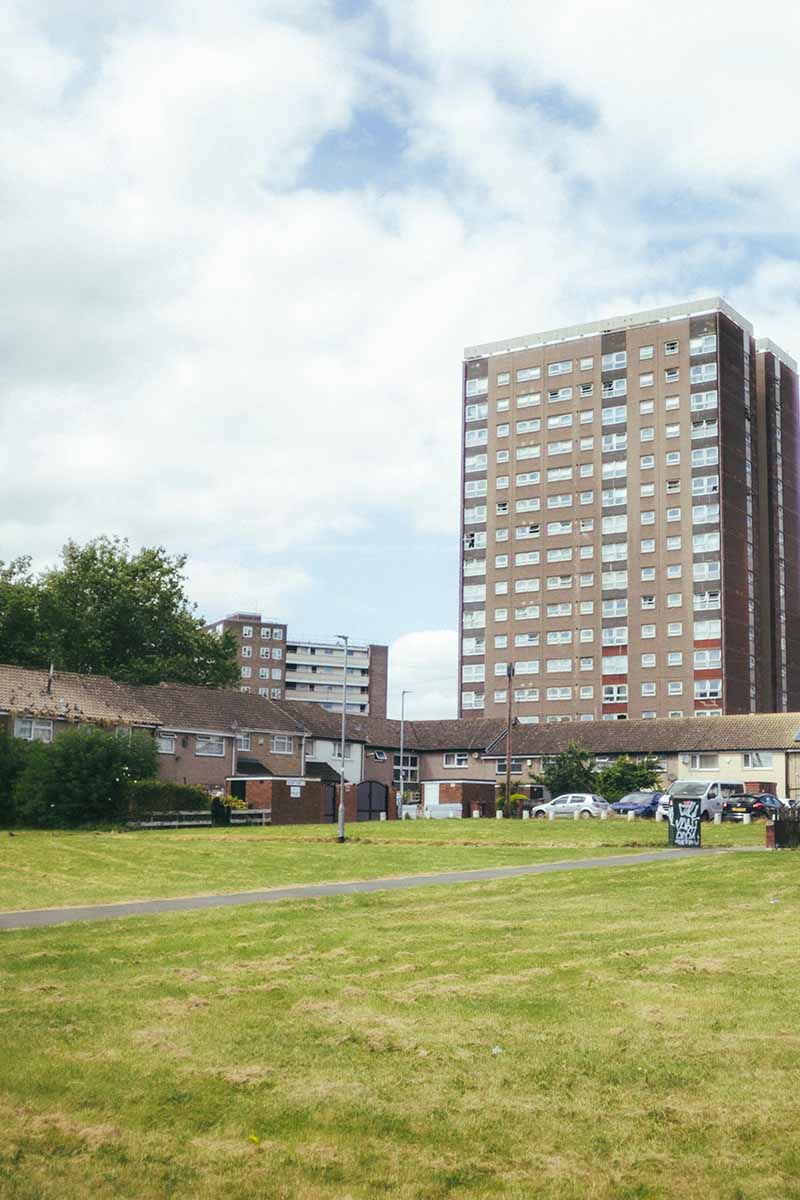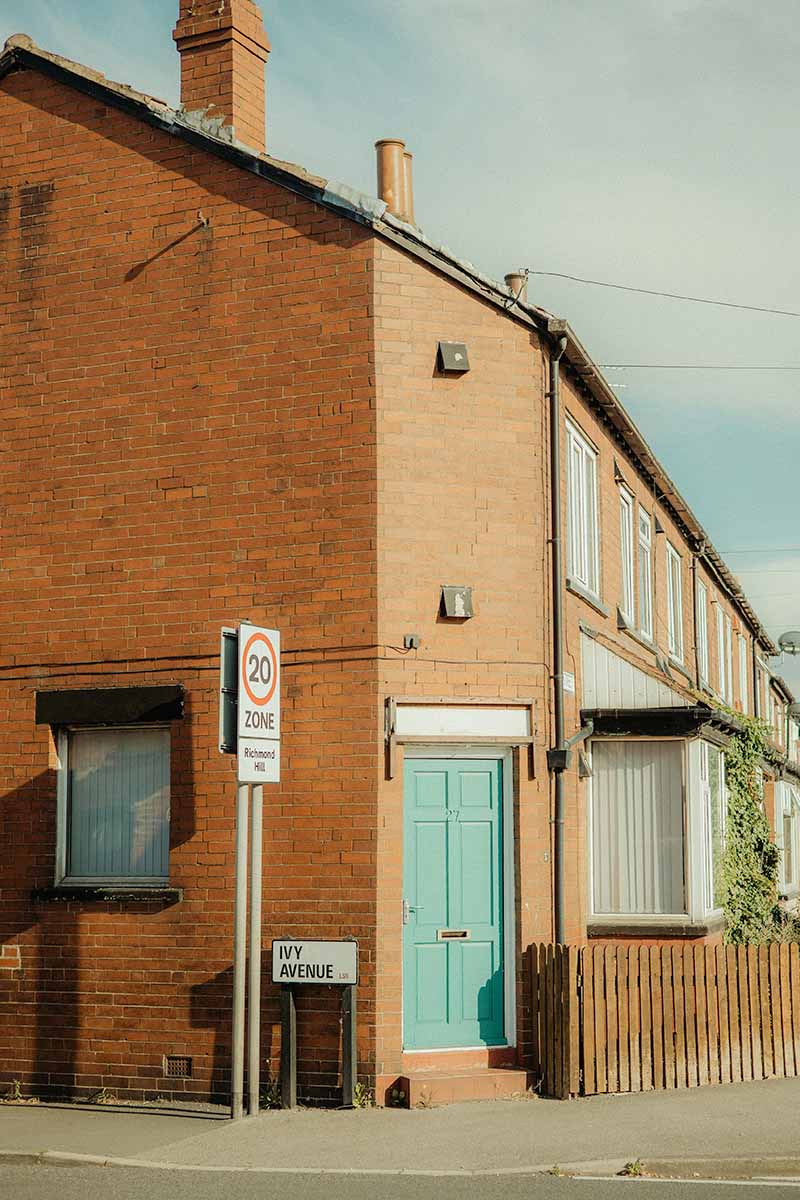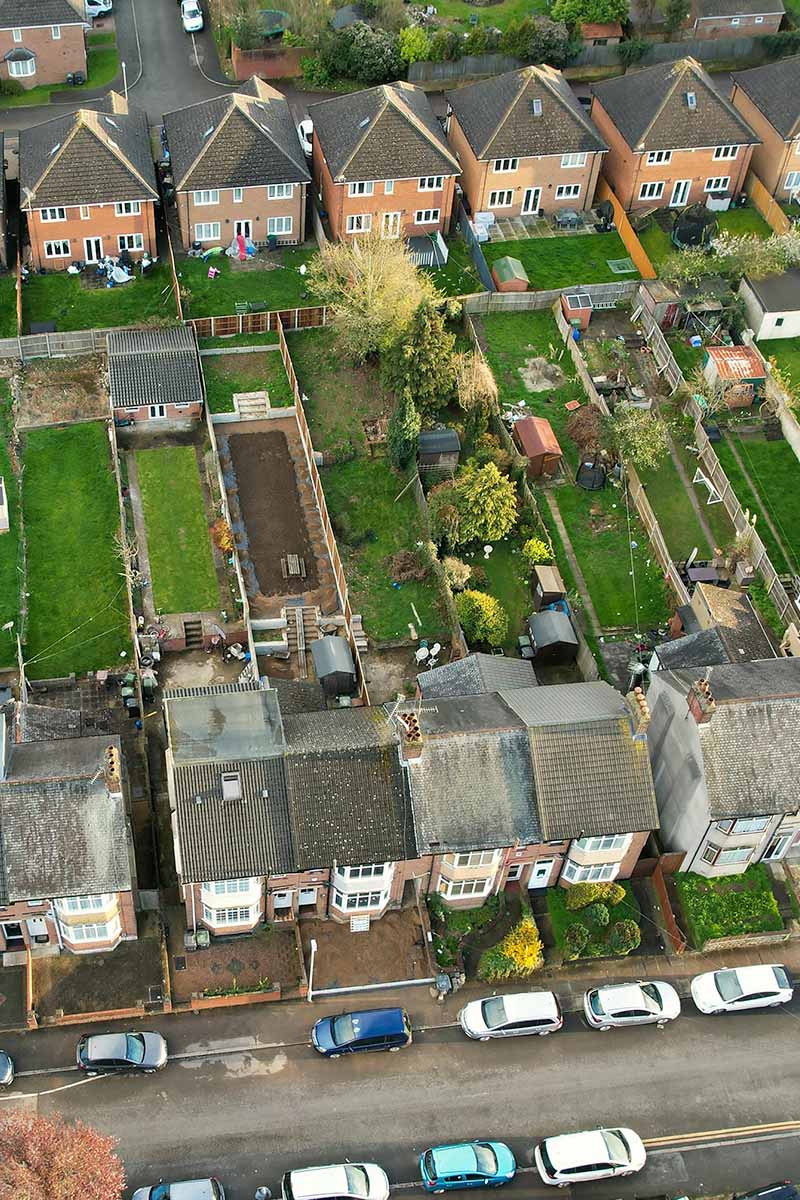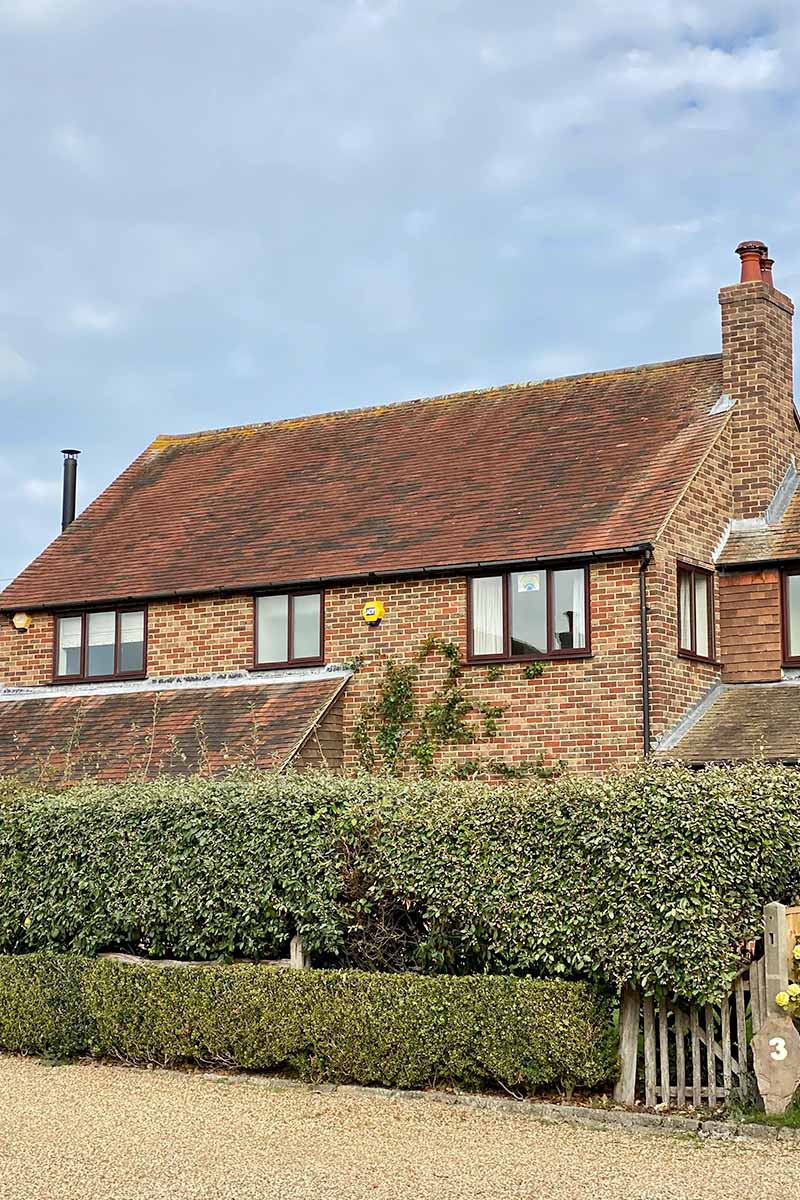What documents do I need to sell a house after bereavement?
Selling a house after someone passes away can feel overwhelming, especially when you're navigating grief and legal steps at the same time. One of the most common questions we hear is: what documents do I actually need to sell the property? This guide explains the paperwork required to sell a house after bereavement, how ownership affects the legal process, and which forms to prepare ahead of time. Whether you're an executor, a surviving co-owner, or assisting a relative, this breakdown will help you stay organised and informed.
If you're selling a house after a death in the family, here are the key documents you’ll likely need:
- A copy of the death certificate.
- A grant of probate or letters of administration (depending on whether there’s a will).
- Title deeds or Land Registry documents proving ownership.
- Proof of identity and address for all sellers.
- A valid Energy Performance Certificate (EPC).
- Details of any outstanding mortgage or equity release.
- Standard property forms (e.g. TA6, TA10).
- A registered power of attorney, if selling for someone else.

Legal documents confirming authority to sell a property
You must be able to prove that you have legal authority to sell the home. The specific documents required depend on how the property was owned and whether you're acting on someone else’s behalf.
1. Title deeds or Land Registry documents
If the property is registered (as most are), you’ll need to provide the title register and title plan from HM Land Registry. These confirm who owns the property and include important details such as boundaries and any restrictions.
- For unregistered properties, you’ll need to locate the original paper deeds, often stored by the deceased’s solicitor or bank.
You can get copies of registered title documents from HM Land Registry for £3 each: Search for property information
2. Grant of probate or letters of administration
These legal documents prove your authority to deal with the estate:
- Grant of probate is issued when there’s a valid will and you're named as executor.
- Letters of administration are issued when there is no will or no executor was named.
You’ll need one of these to sell a property unless it was jointly owned and passes automatically to the other owner.
Timing tip: It can take 8–16 weeks for the grant to be issued, so apply early to avoid delays.
3. Do I need a grant of probate to sell the house?
Whether probate is required depends on the ownership structure:
Sole ownership: You cannot complete the sale until probate is granted, although you can market the property before then.
Joint tenants: The surviving owner can sell, but will need the death certificate and to update Land Registry records.
Tenants in common: The deceased’s share becomes part of the estate and is dealt with through probate.
4. Death certificate
This is an essential document required by solicitors, estate agents, HM Land Registry, and financial institutions. It confirms the death has been legally registered and allows you to move forward with estate administration.
Order a copy of a death certificate
It's worth ordering multiple official copies for different parties.
5. The will (if available)
If the deceased left a will, it confirms who inherits the estate and who has the authority to act (the executor). While it’s not a substitute for probate, solicitors and buyers may ask to see a copy for clarity on inheritance.
6. Power of attorney (if acting for someone else)
If you’re selling on behalf of a living individual who lacks mental or physical capacity, you’ll need a registered Lasting Power of Attorney (LPA). This must be officially registered with the Office of the Public Guardian before it is valid.
Without this, you cannot legally act on someone’s behalf in the sale.
Save time and hassle by selling your home with us
Get a guaranteed cash offer on any property in England and Wales. All you need to do to get started is enter your address below.
7. Proof of identity and address
All sellers — whether acting as executors or owners — must provide ID for anti-money laundering checks.
Typical documents:
- ID: Passport or driving licence.
- Address: Utility bill, bank statement, or council tax bill dated within 3 months.
If you're completing forms for HM Land Registry (e.g. ID1), you'll also need to verify your identity formally through a solicitor or conveyancer.
8. Energy Performance Certificate (EPC)
You cannot legally market a property for sale in England or Wales without a valid EPC. It gives the home an energy rating from A (best) to G (worst) and is valid for 10 years.
If not, you’ll need to arrange an assessment before listing the property. Costs range from £60 to £120 depending on location.
9. Mortgage or loan details
If there’s an outstanding mortgage, you’ll need to:
- Notify the lender of the death.
- Request a redemption statement.
- Ensure repayment is arranged via the sale proceeds.
In some cases, there may be an equity release plan or secured loan on the property. The solicitor managing the estate will ensure these are cleared before completion.
10. Property information forms (TA6, TA10, TA13)
These forms are usually required when using a solicitor or estate agent:
- TA6: Property details — utilities, disputes, boundaries.
- TA10: Fixtures and fittings included in the sale.
- TA13: Final completion arrangements.
If the executor never lived in the property, they can mark sections as “Not known”. Some buyers accept this, while others may ask for further investigation.
11. Other helpful documents
While not always mandatory, these can help speed up the process:
Recap: What documents do I need to sell a house after bereavement?
Selling a home after someone passes away can be complex, but having the right paperwork makes the process far easier. From confirming your legal authority to managing the sale, each document plays an essential role in keeping things moving.
- The grant of probate or letters of administration is usually required to sell.
- Death certificates, proof of ID, and title deeds are standard across most sales.
- Power of attorney is needed if you're selling on someone else's behalf.
- A valid EPC and mortgage details are also important before listing the property.
At Habello, we make it easier to sell an inherited home:
- Free, no-obligation cash offers.
- Guaranteed sale once you accept.
- No legal fees or estate agent commission to pay.
- Flexible timelines to suit your circumstances.
- Support for all property types and conditions.
Get your offer today and see how we can help you move forward, on your terms.
Property owners are choosing Habello for a faster, easier and less stressful way to sell
Sell your home quickly for cash by accepting an offer just below market value. See how we compare to your other options by using the calculator below.
Related guides
Bring yourself up to speed with our property guides.





































































































